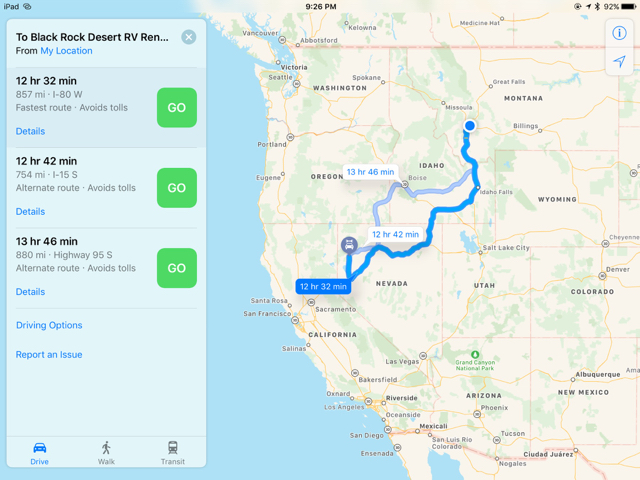user 26746
New Member
- Joined
- Jul 27, 2017
- Messages
- 3
- Reaction score
- 0
Hi Everyone,
I am the president of a rocketry club at the University of Kansas in Lawrence, KS. I am also new to this forum so hello! I've been doing a lot of research on low/med/high powered rocket building and I've seen the issue of Tripoli and NAR certification pop up more than a few times. From what I've read both types of certification are friendly to individuals who build rockets and not as friendly to groups who want to build rockets as a team or a school (requiring the person seeking the certification to both build and launch their own rocket individually). Finally it is my understanding that such a certification is not legally required by the US Gov't to build and launch high powered rockets, however I do know that the FAA has certain permits that you have to obtain to fly such a rocket. My questions are this:
I'll post more questions as I think of them but I think that's plenty for now. I'd appreciate any insight and thank for the help in advance.
-James
I am the president of a rocketry club at the University of Kansas in Lawrence, KS. I am also new to this forum so hello! I've been doing a lot of research on low/med/high powered rocket building and I've seen the issue of Tripoli and NAR certification pop up more than a few times. From what I've read both types of certification are friendly to individuals who build rockets and not as friendly to groups who want to build rockets as a team or a school (requiring the person seeking the certification to both build and launch their own rocket individually). Finally it is my understanding that such a certification is not legally required by the US Gov't to build and launch high powered rockets, however I do know that the FAA has certain permits that you have to obtain to fly such a rocket. My questions are this:
- Is Tripoli and NAR certification necessary to fly?
- What are the benefits of membership for a club?
- Are there legal ramifications if you don't have certification?
- How can a club obtain Tripoli certification for its members if the process requires each cert seeker to build and launch their own rocket (a prohibitive and expensive process for a group of 15)?
- Does certification ease the process of buying supplies or getting FAA waivers?
I'll post more questions as I think of them but I think that's plenty for now. I'd appreciate any insight and thank for the help in advance.
-James





